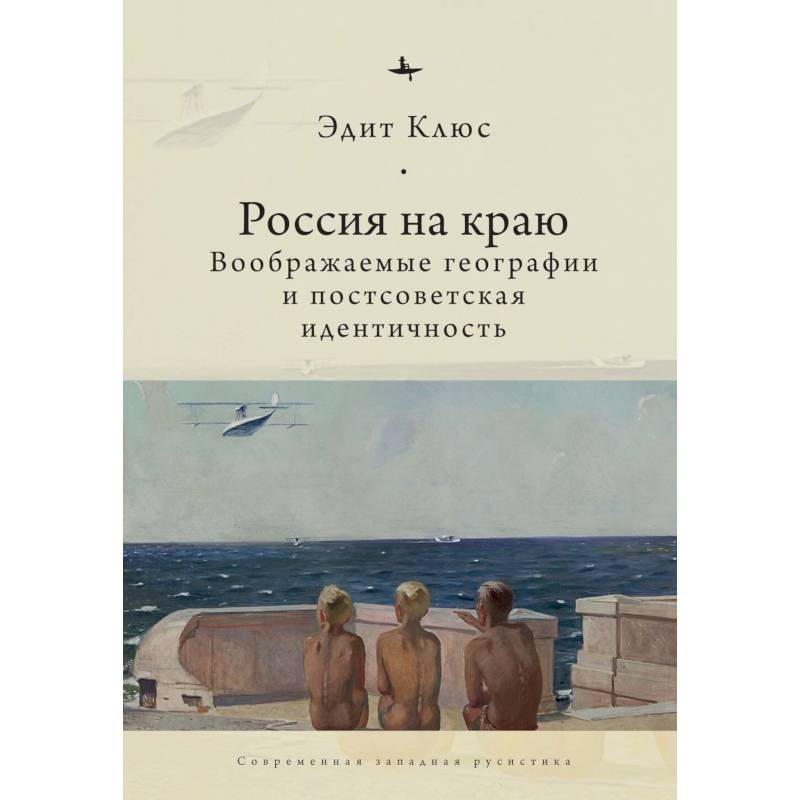Russia on the edge. Imaginary geography and post -Soviet identity (12+)
Please sign in so that we can notify you about a reply
After the collapse of the Soviet Union in 1991, the Russian people experienced a deep crisis of identity. Soviet ideology was based on faith in historical progress, and the post -Soviet imagination, meanwhile, was in the power of territoriality. Geographical metaphors (opposition of the north and south, as well as the center, periphery and borders) became signs of the changed self -awareness and the evidence of the new polemic about Russian identity.
Edith Klyus - Professor of the University of Virginia, a specialist in the Russian language, literature and culture. Her research interests are focused on intersections between literature, philosophy and religion, as well as on the forms of utopian thinking. The author of a number of books on Russian literature and culture, including the books "Nietzsche in Russia" (Russian per. 1999)
Edith Klyus - Professor of the University of Virginia, a specialist in the Russian language, literature and culture. Her research interests are focused on intersections between literature, philosophy and religion, as well as on the forms of utopian thinking. The author of a number of books on Russian literature and culture, including the books "Nietzsche in Russia" (Russian per. 1999)
Author:
Author:Clus Edith
Cover:
Cover:Hard
Category:
- Category:Biographies & Memoirs
Publication language:
Publication Language:Russian
Paper:
Paper:Offset
Series:
Series: Modern Western Russiastry
Age restrictions:
Age restrictions:12+
ISBN:
ISBN:978-5-6043579-9-6
No reviews found
